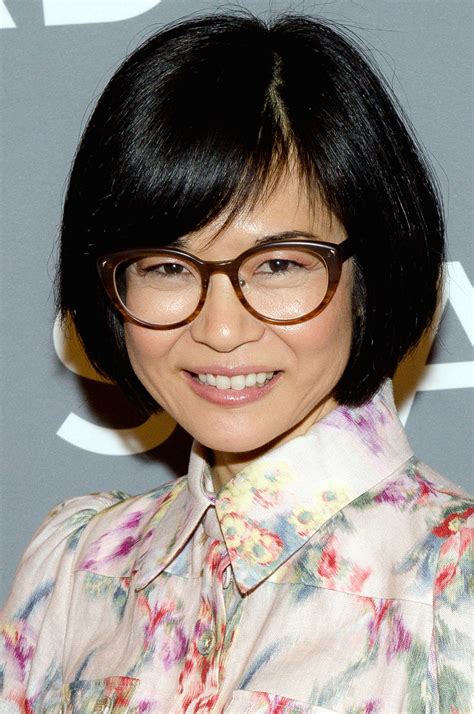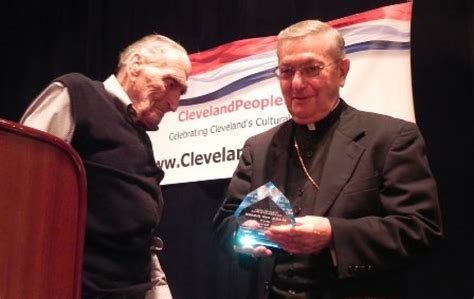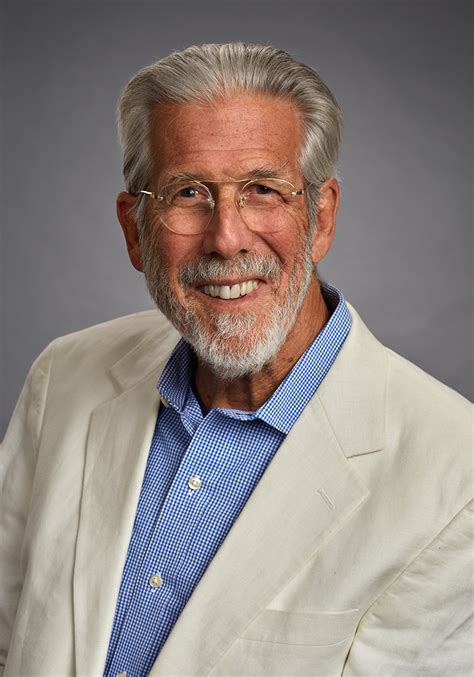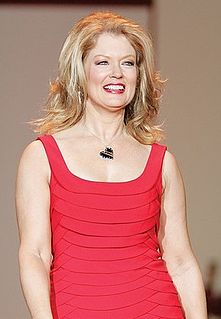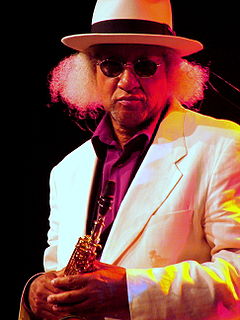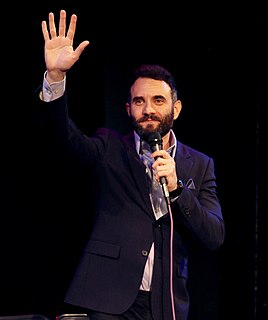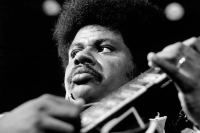A Quote by Keiko Agena
I only had, like, 4 CDs when I was in college, and one of them was the soundtrack to 'Good Morning Vietnam' - that's how much I don't know about music.
Related Quotes
My film isn't about Vietnam. It is Vietnam. It's what it was really like. It was crazy. And the way we made it was very much like the way the Americans were in Vietnam. We were in the jungle, there were too many of us, we had access to too much money, too much equipment and little by little we went insane.
I thought I was the only one who still enjoyed his record collection, but after reading 'How Records Got Their Groove Back,' I happily discovered I was wrong. There is something familiar about my old vinyl. Call it nostalgia, but I don't care for the 'purity' of CDs. They have no personality! The crackle and pop of the stylus on a record player as you wait for the music to begin creates an anticipation that CDs simply can't provide.
I'm very proud to say I only took one course in economics in college, and it was on Saturday morning - Tuesday, Thursday and Saturday at 8 o'clock. Now I don't know what your college experience was like, but I'll tell ya, on Saturday morning at 8 o'clock, the last thing I wanted to do was go to economics class.
In my mind I first felt like, Oh, I'll be back to work right after the babies are born. But then you don't want to. Even now, it's very difficult for me to leave them in the morning. It just tortures me. I'm like, It's been hours; are they wondering where I am? Do they know that I love them so much and I'm thinking only about them?
We talk about how hard it is now. But if we look back at the '60s, we actually had a president that was assassinated. We had riots, we had Vietnam, Martin Luther King, Malcolm X, the FBI, and the Black Panther war. There was so much happening at the time where it felt like America was coming apart at the seams.
I mean, the piano, of course, but I think the piano should be taught in school just like mathematics, just like reading, writing and arithmetic. I'd say reading, writing, arithmetic and rhythm. But that should be a prerequisite, because then the quality of music in the world at least in the United States, would be much better, if everyone knew something about the piano and about music, they would know this is not good. Right now, there is so much music out that's not good, but no one knows the public doesn't know.
The saving of empty beer and liquor bottles is a strange college phenomenon. I bet most of you college students reading this right now have some empties on a shelf in your room. Everyone knows how much college kids like to drink, do we really need to display it? It's a good thing, though, that this trend stops after college. Wouldn't it be weird if your parents had empty wine bottles up on their bedroom wall?
The positive thing about collaborating is that I cannot get distracted by coding work, because I cannot waste the other collaborator's time in the same way as I can my own. And it's always good to learn how the other person works, learn about techniques, learn social things like: how do you communicate with another person? The music I make with other people I'm much more confident about, I'm a little bit less judgemental of the outcome than with my own stuff because I know it's not only me, it's a more outside of me. Sometimes I even like them better than my own tracks.
I believe in knowing all you can about the music and the people who made the music. I think it's much more important to know some good Miles Davis stories than to know how to play like Miles. I think you'll play better if you know some of the funny things he did than if you know the licks that he played.
